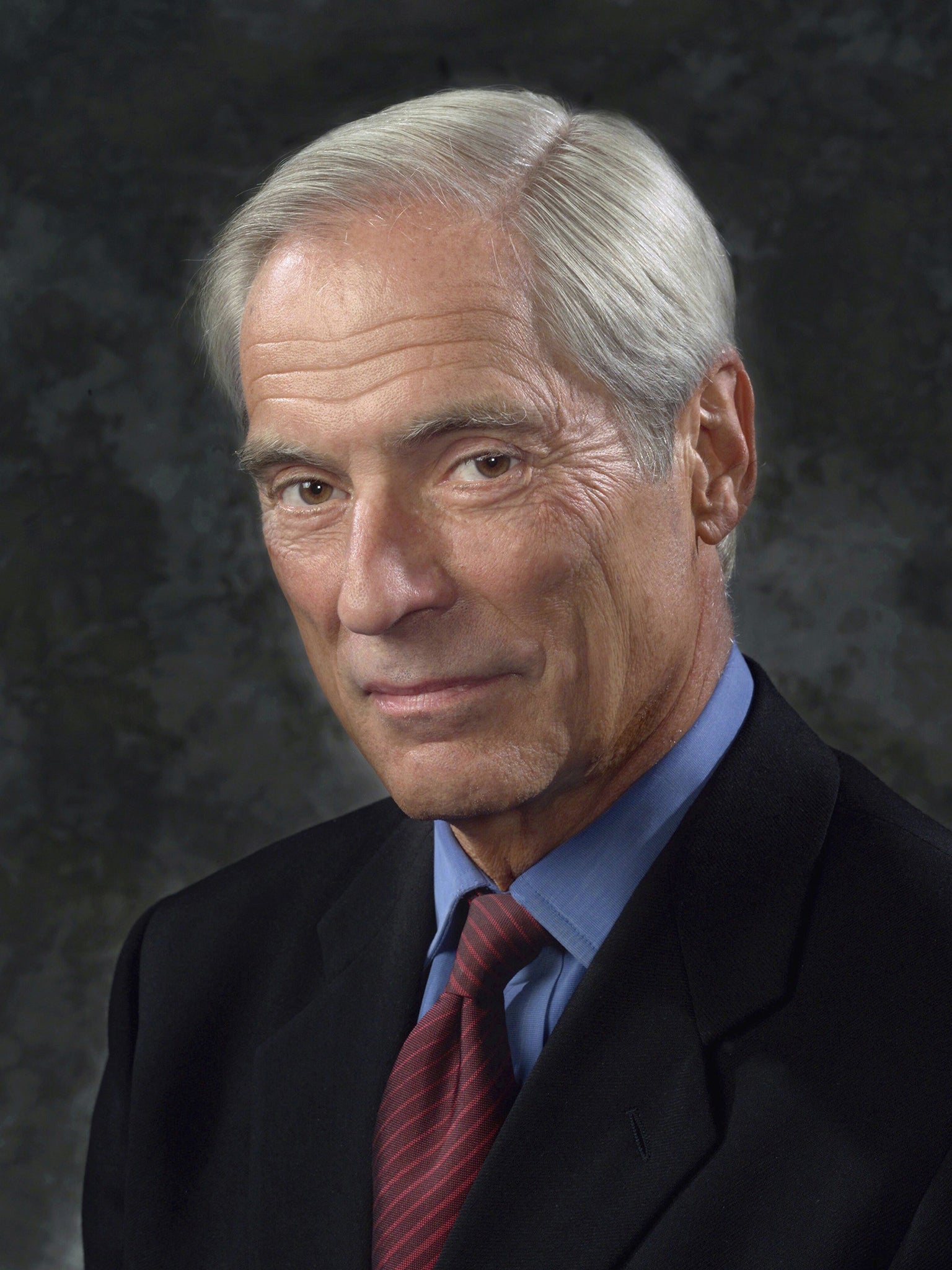Bob Simon: Journalist who won 27 Emmys in a five-decade career of reporting from worldwide trouble spots
Simon was a correspondent for 60 Minutes and had covered stories including the Troubles in Northern Ireland and the Vietnam War during his long career

Bob Simon, who has been killed in a car crash in Manhattan, was the long-standing correspondent for the US news programme 60 Minutes. He covered riots, Academy Award-nominated films and wars and was held captive for more than a month in Iraq two decades ago.
In a career spanning five decades Simon covered stories including the Troubles in Northern Ireland and the Vietnam War, through to his final 60 Minutes report which went out last weekend, on the recently Oscar-nominated film Selma. He had been a regular contributor to 60 Minutes since 1996, and was also a correspondent for its sister programme, 60 Minutes II.
Anderson Cooper, who reports for 60 Minutes, said that when Simon presented a 60 Minutes story "you knew it was going to be something special ... I dreamed of being, and still hope to be, a quarter of the writer that Bob Simon is and has been ... Bob Simon was a legend, in my opinion. He was someone I was intimidated by."
Simon won numerous awards, including his fourth Peabody Award (given for excellence on television and radio), and an Emmy for his story from Central Africa on the world's only all-black symphony orchestra in 2012. Another story, about an orchestra in Paraguay whose poor members made their own instruments from rubbish reclaimed from a landfill site, won him his 27th Emmy.
He also won the US's most prestigious honour for digital and broadcast journalism, the Alfred I duPont-Columbia University Award, for "Shame of Srebrenica," a 60 Minutes II report on genocide during the Bosnian War.
Simon joined CBS News in 1967 as a reporter and assignment editor, covering campus unrest and inner-city riots. He worked in CBS's Tel Aviv bureau from 1977 to 1981 and in Washington as its US Department of State correspondent.
Simon was born in 1941 in the Bronx. He graduated from Brandeis University in 1962 with a degree in history. His career began when he reported from Northern Ireland from 1969 to 1971; he then went to Vietnam, and was on one of the last helicopters out of Saigon when the US withdrew in 1975.
From the 1980s onwards Simon was the subject of criticism for his stance on Israel; his employers, CBS, were also criticised for allowing his perceived anti-Israeli bias.
At the outset of the Gulf War in January 1991 he was captured by Iraqi forces near the Saudi-Kuwaiti border. He and the other three members of CBS's team spent 40 days in Iraqi prisons, an experience Simon wrote about in his book Forty Days. He returned to Baghdad in January 1993 to cover the American bombing of Iraq. From the 1994 Winter Olympics in Lillehammer, he reported on the failed attempt of the Israeli secret service, Mossad, to avenge the attack on Israeli athletes at the 1972 Munich Olympics, for which he won an Emmy.
In recent years he secured the first Western interview with the extremist cleric Muqtada al Sadr, and another with his Shi'ite Muslim rival, Ayatollah al-Hakim, who was killed shortly after the interview. Simon's daughter Tanya is a producer for 60 Minutes.
TOM McELROY
Robert David Simon, journalist and broadcaster: born New York 29 May 1941; married Françoise (one daughter); died New York 11 February 2015.
Join our commenting forum
Join thought-provoking conversations, follow other Independent readers and see their replies
Comments
Bookmark popover
Removed from bookmarks